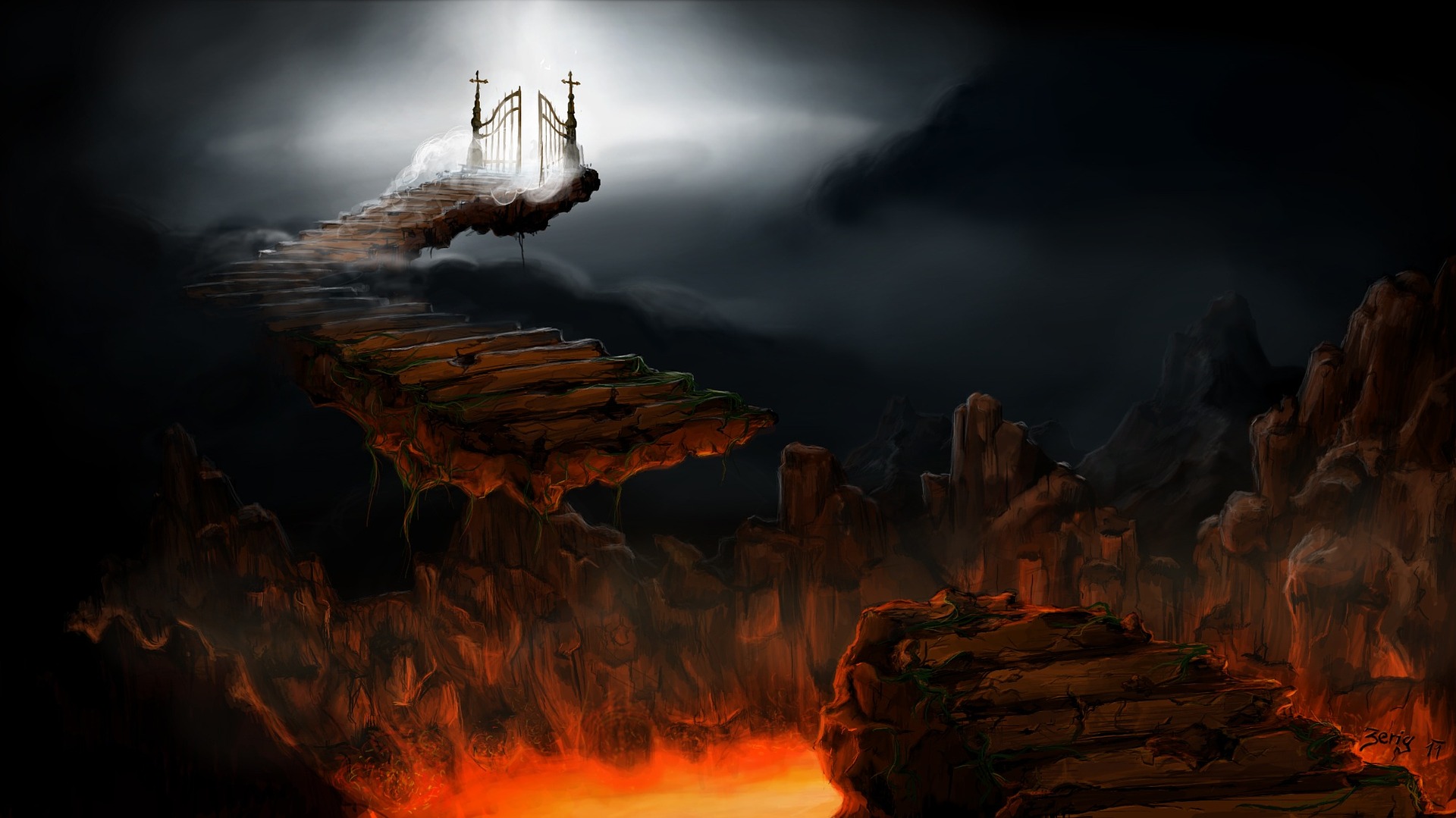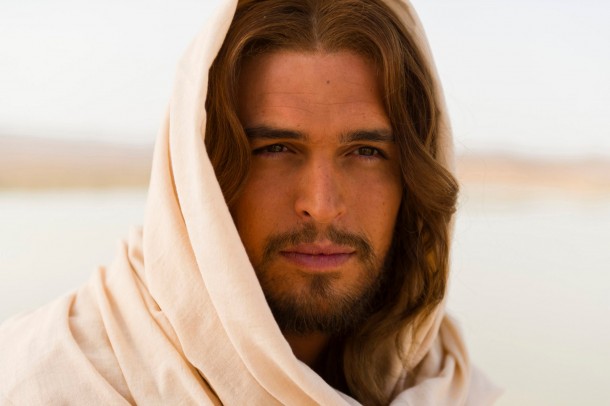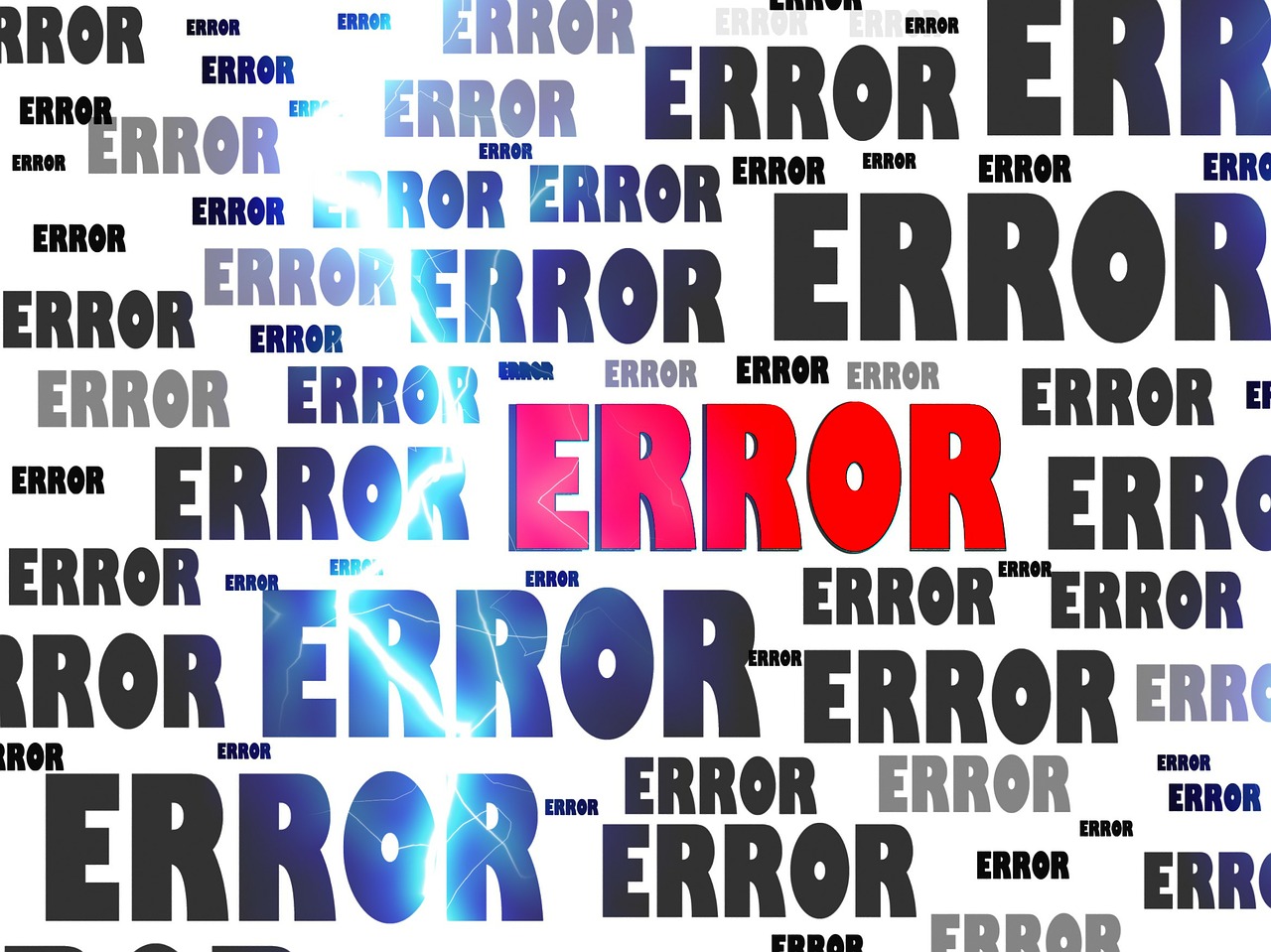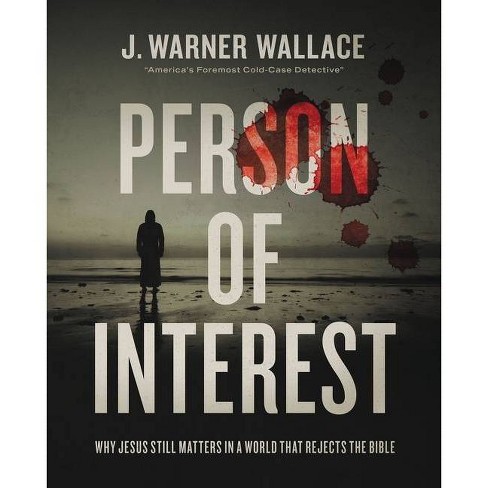5 Questions Every Worldview Must Answer
Everyone has a worldview, whether they use the term or not. Our worldview determines how we interact with the world around us. There are 5 questions every worldview must answer. In our courtroom analogy, the questions are like evidence, things we have observed about the crime scene. The list of worldviews is the list of suspects. And, as the jury, it’s our job to determine whodunit.
What Is A Worldview?
The terms “worldview” and “philosophy of life” are somewhat synonymous. But you don’t have to have ever read a book of philosophy to have a philosophy of life. Your worldview is something that you always have with you; it just changes as you get older and interact with the world around you.
As you learn more through studying and life experience, you start to see the world in a certain way. You develop some rules that get you through life. You use the knowledge that you’ve gained and the experiences that you’ve had to develop your view of the world.
Most of us don’t put a lot of thought into the specifics of our worldview and where it leads us ultimately. It should be our goal to adopt the worldview that best matches up with reality. Any worldview that we adopt must be logically consistent (it cannot be self-contradictory), empirically adequate (it must match what we see in reality), and it must be existentially relevant (it must speak to how we actually live our lives).
Every worldview has to answer 5 questions. We ought to look at our list of suspects and see which one most adequately fits the evidence found at our crime scene. And whichever one matches the evidence the best, that’s our suspect. That’s the worldview we should follow.
The List of Suspects
As we go through the pieces of evidence, here are a list of suspects to keep in mind. We’re not ready to make the case for any one of these yet; this is just so we can start thinking about them as we go through the evidence.
- Atheism – the belief that there is no God or anything supernatural inside or outside of the universe. The only thing that exists is the physical world around us.
- Deism – the belief that a single supernatural force created everything from nothing and then took their hands off the wheel. Deists believe that God is impersonal, completely absent from the universe, and that we have been left up to our own devices.
- Monotheism – the belief that a single God created everything and is still personally involved in the daily activities of the universe. The three major monotheistic worldviews are Christianity, Judaism, and Islam. These three will answer some of our questions the same way, but differ in others.
- Pantheism – the belief that there are many gods at work in the universe, each one in charge of certain elements and systems.
- Panentheism – the belief that the entire universe is divine. The divine force exists in and connects everything.
There are other worldviews around, but these are the major contenders. And most other religions fall under these umbrellas one way or another.
How Did We Get Here?
The first question we have to answer is, how did we get here? What mechanism started life? Was it the act of an agent, like a supernatural force or a deity? Or did purely physical and chemical processes alone cause life to begin?
Why Are We Here?
People have been asking why they exist for time immemorial. There are three possibilities: we exist by chance because some chemical process just so happened to occur, a divine force did something that accidentally caused us to come to life, or some agent created us intentionally.
Why Is The World So Messed Up?
No matter when or where you lived, everyone knows the world is messed up. It ought to be different. It ought to be better. Every suspect besides atheism has the reason written somewhere in their creation story. Maybe humanity did something to mess it up. Maybe a divine being did something to mess it up. Or maybe it’s been messed up from the beginning for no apparent reason.
How Do We Fix It?
The next question follows from the previous one. Because we know the world ought to be better, how do we go about making it better? Is it up to humanity to figure it out all on our own? Or is there something outside of us that can give us guidance on how we fix it? Can we even fix it if we tried? Or should we just give up and live life like this is as good as it gets?
What Happens When We Die?
The final question a worldview has to answer is, appropriately, about The End. What happens after we die? Do we go somewhere to be rewarded? Do some go somewhere to be punished? Do we come back to try again and again until we get it right? Or do we just cease to exist entirely?
Guilty Beyond A Reasonable Doubt
When juries try criminal cases, they are told that the standard for conviction is “beyond a reasonable doubt”. What this means is that they might not get all of their questions answered. They may never learn the criminal’s motive, so they may not be able to answer why the crime occurred. In a murder case, they may not even have a body. But if the other evidence is strong enough to convict, then the jury has to hand down a guilty verdict.
When going through our list of worldview suspects, we may not get all of our questions answered as neatly as we like, either. But if one of them answers more questions and answers them better than the other suspects, that’s the one we should convict. That’s the worldview we should hold to be true.
Share This Story, Choose Your Platform!
latest video
news via inbox
Subscribe and never miss an update!







